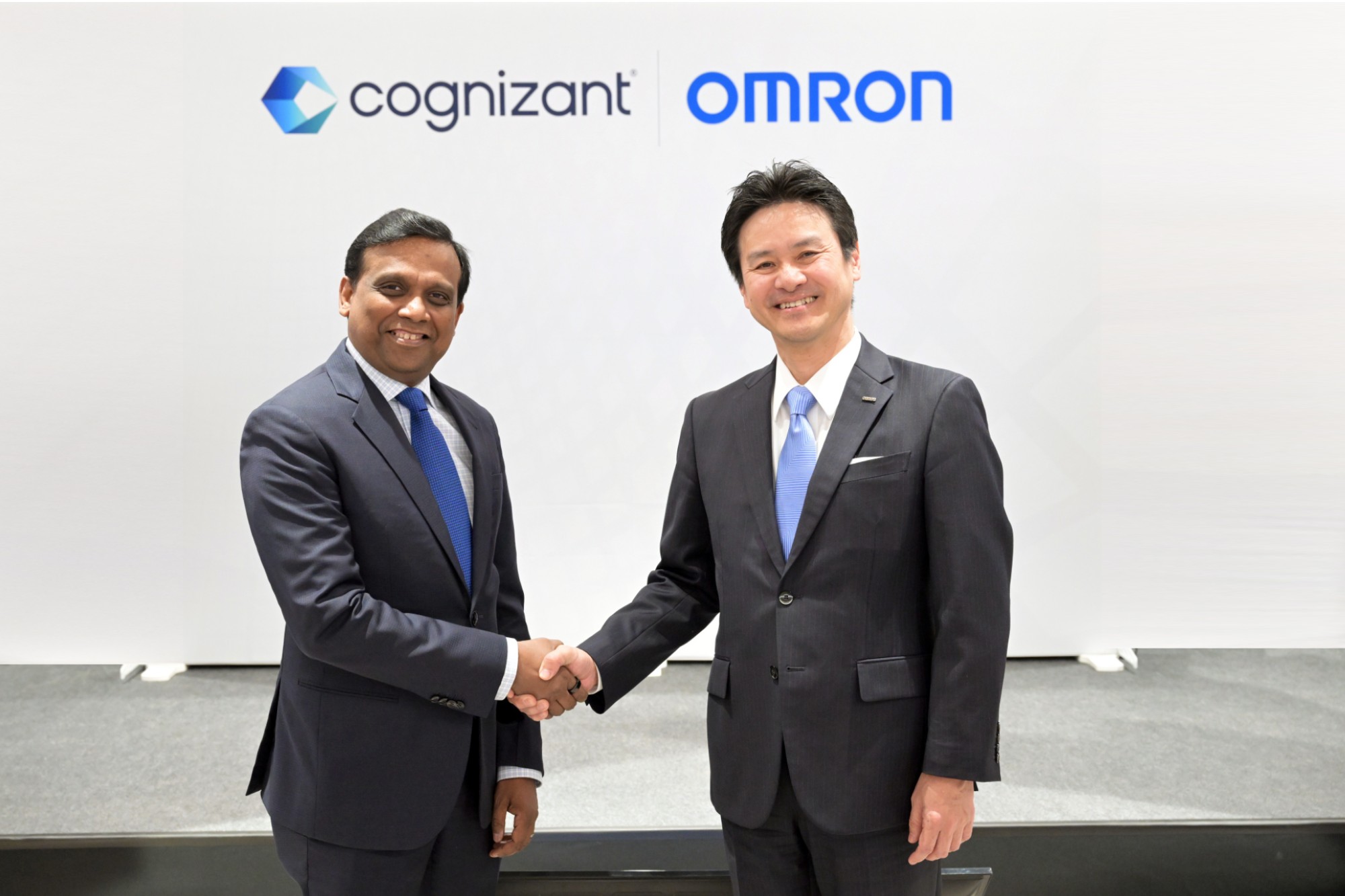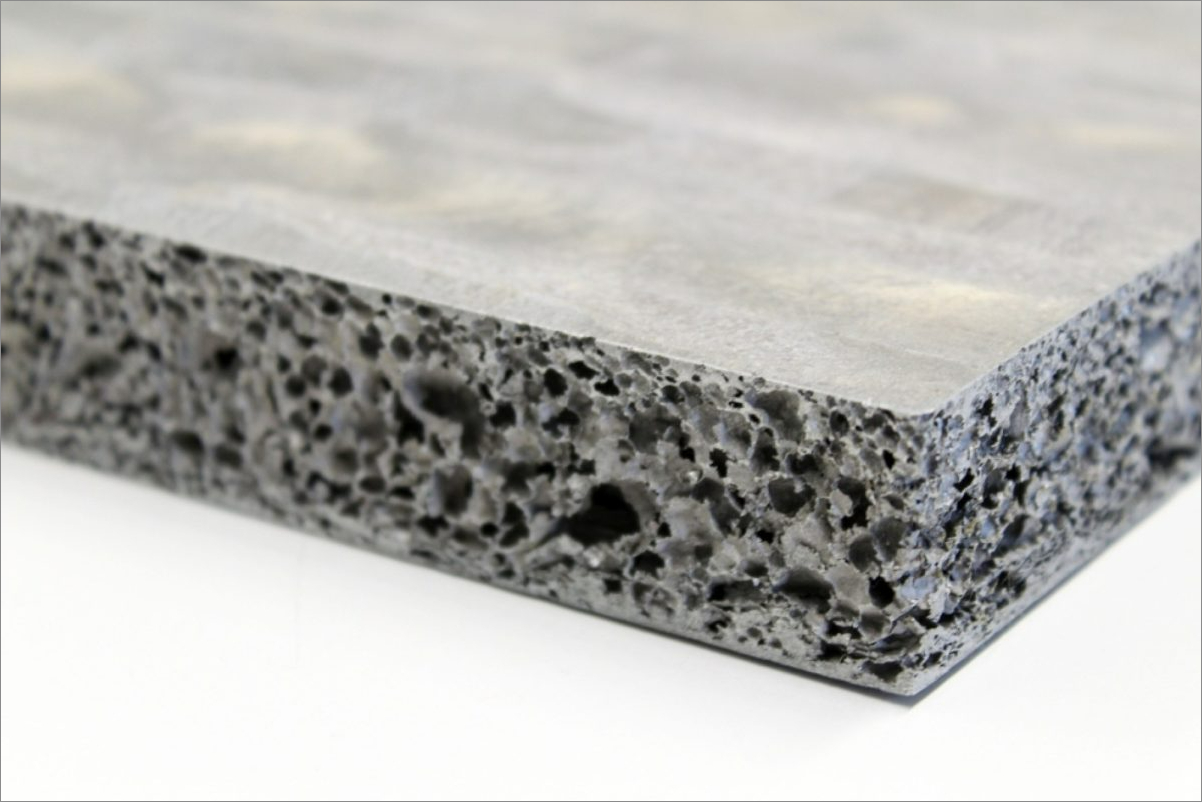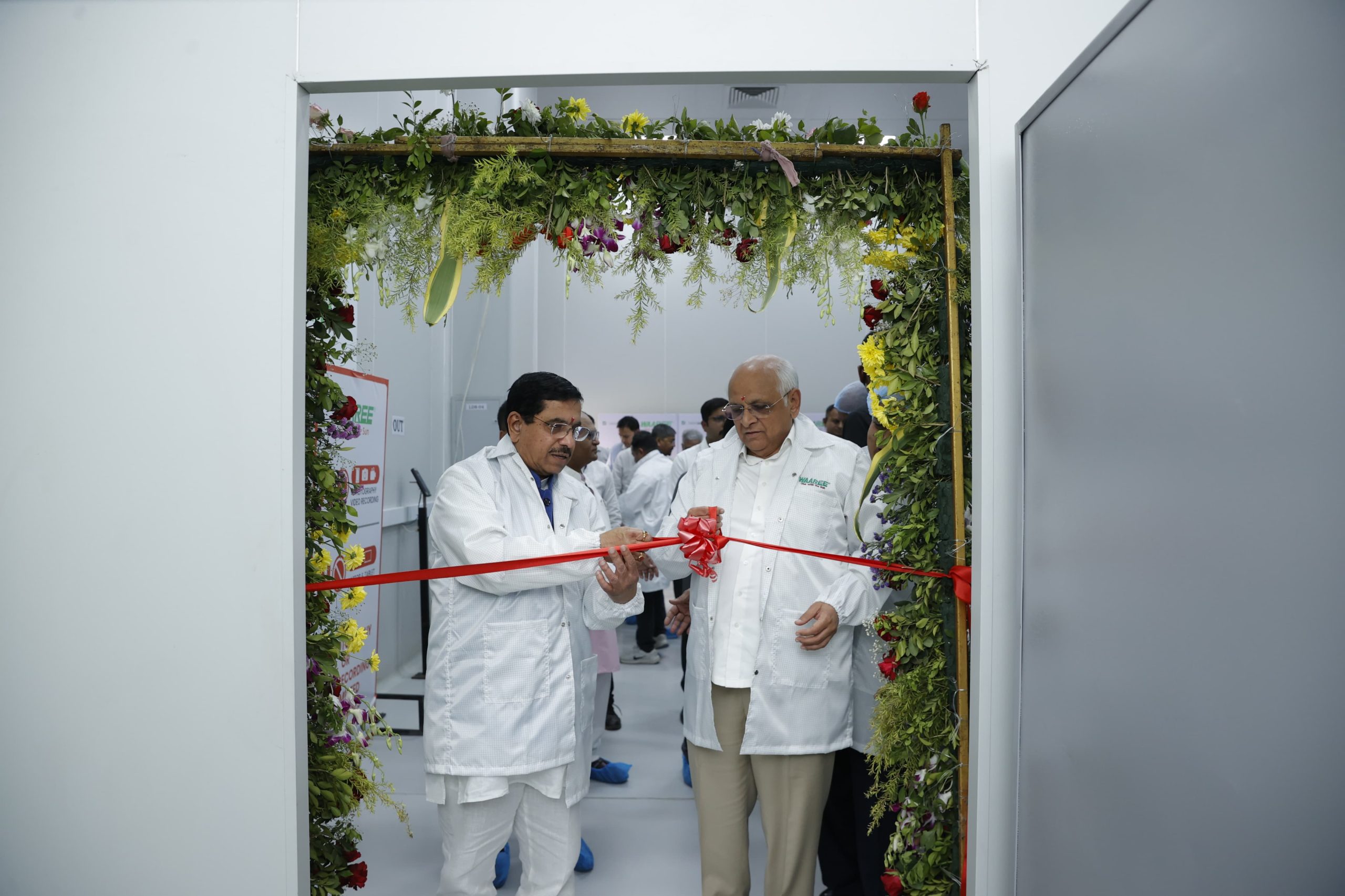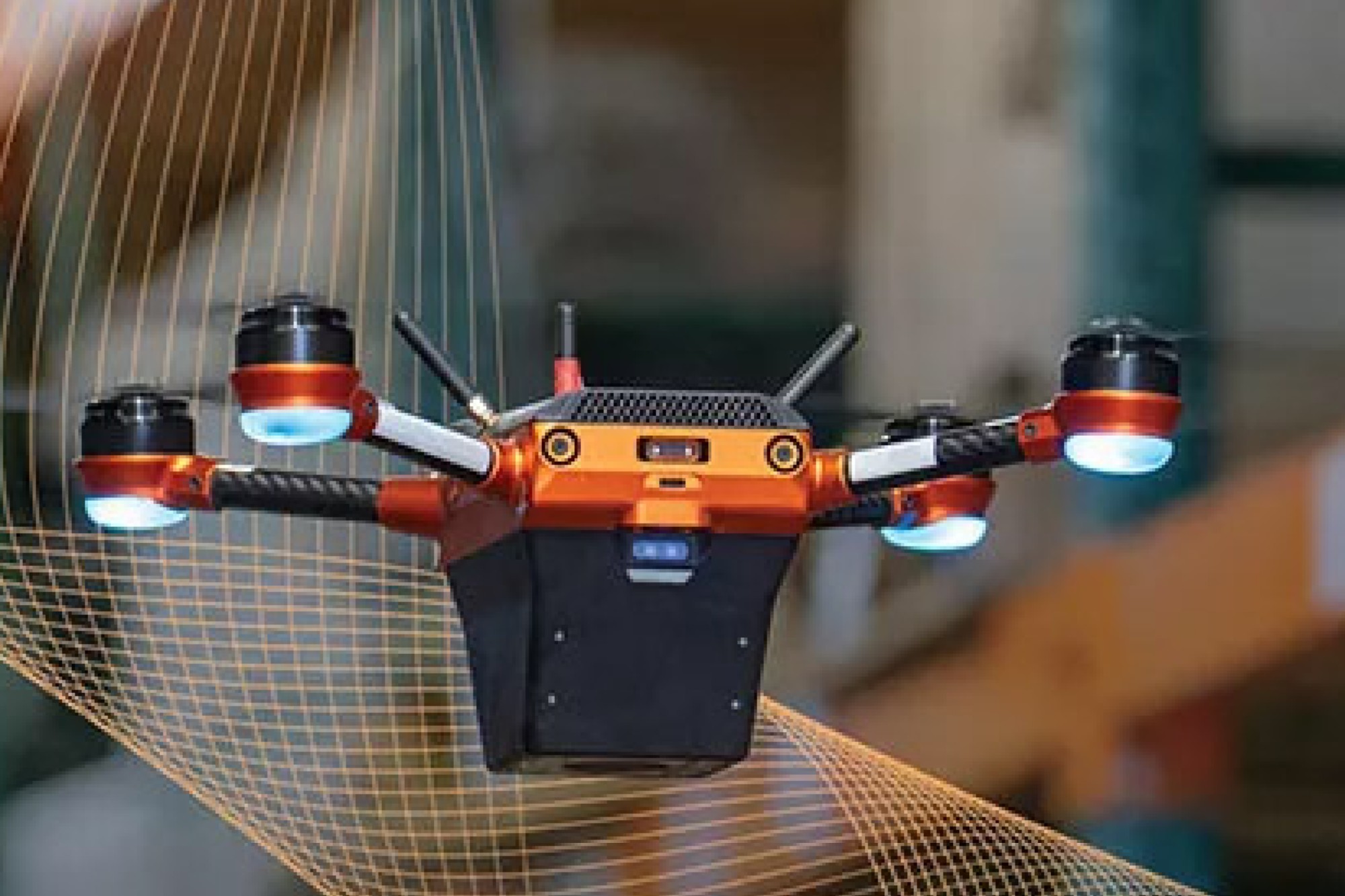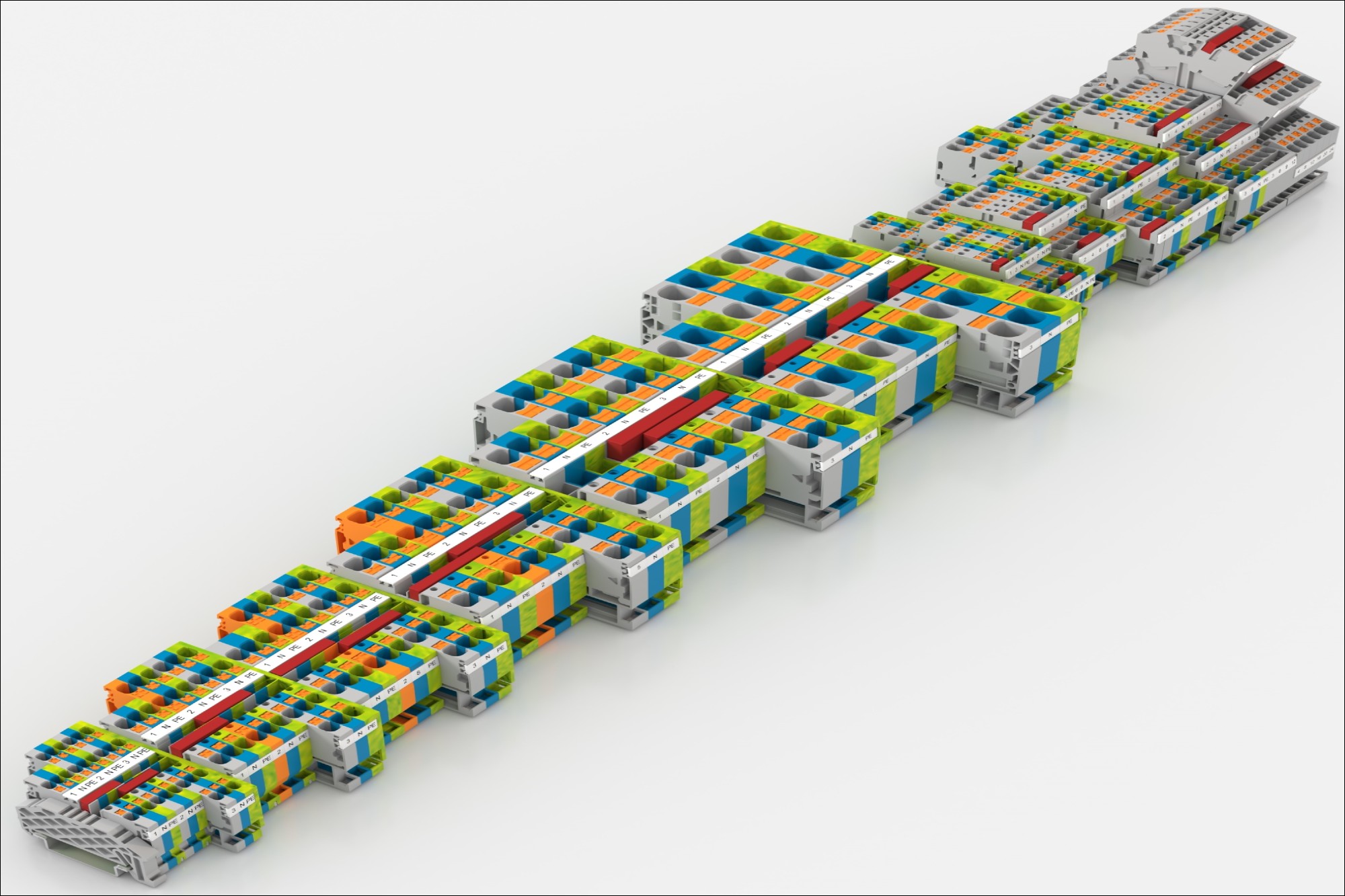Haas and the need for speed
By admin November 25, 2015 4:27 pm IST
Located around 40 km north of Stuttgart, CNC-Bearbeitung Jürgen Buss GmbH (known locally as Buss Toolmaking) has earned its reputation as a competent and reliable partner in CNC machining and toolmaking to industries such as automotive, medical, environmental, and agriculture; the wisdom of not allowing more than 10 to 15 percent of turnover to be spoken for by any single customer demonstrates astute management. Indeed, this ethos is applied similarly to its machine tool investments, exploiting the industry-leading, price-specification ratio of Haas machines to ensure the company can compete in a highly competitive subcontract arena.
Overseeing the company is owner and founder Jürgen Buss. Buss ended his employment with a local engineering firm at the age of 26, 23 years ago, opting instead to use his CNC machining background to begin his own company milling plastic components that formed part of systems for chimney gas measurement. The systems were successful, and as well as several contracts for steel components, he had the beginnings of his business. So far, he hasn’t looked back.
Buss acquired his first Haas machine in the mid-1990s as a cost-effective, high-quality alternative to the established German, Swiss, and Japanese makes prevalent in the local market at the time. Several Haas CNC lathes were acquired to run alongside four Haas CNC Super Mini Mills. And, although the global downturn of 2009 meant the company had to restructure and sell some of its capacity, the revival of the economy at the turn of the decade soon saw Buss back on the Haas investment trail.
Buss says, “The latest arrival is a Haas VM-6 vertical mould making machine which joins a VF-2 vertical machining centre, a VF-2SS super-speed vertical machining centre, a DT-1 drill/tap centre, and a UMC-750 five-axis universal machining centre that was installed in January 2014. The Haas machines, which run for 10 to 12 hours a day, process all kinds of materials, ranging from plastics and aluminium castings, through brass and steel, to stainless steel and hard alloys. Batch sizes are anything up to 1000-off.”
Cookie Consent
We use cookies to personalize your experience. By continuing to visit this website you agree to our Terms & Conditions, Privacy Policy and Cookie Policy.






